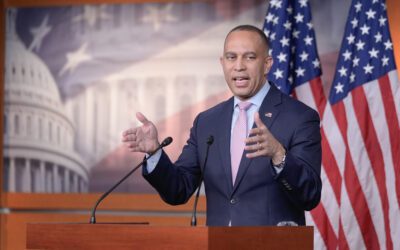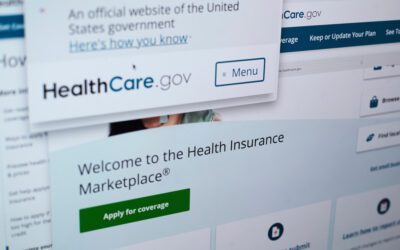
(shutterstock)
Pennsylvania’s women are saving money on health care costs right now. Here’s the government program that’s silently working on their behalf.
In late summer 2022, a federal law with a vague name was passed — and because of it, more than 1.5 million women in Pennsylvania are saving money. Here’s a quick briefing on who’s paying less right now than they would without it.
What it is: The Inflation Reduction Act was largely touted as a win for climate change and clean energy, but it also included little-discussed health care provisions that have made a number of medical services less expensive.
Who’s saving on what:
- Diabetics. You may have heard that people on Medicaid had their insulin prices capped at $35 — that’s from the Inflation Reduction Act. And because that happened, major insulin providers have now made the $35 cap standard on insulin for everyone, even people who are uninsured. In Pennsylvania, an estimated 76,535 people are diagnosed with diabetes every year.
- Seniors on Medicare who need a vaccine. More than 2 million Pennsylvanians on Medicare — which provides health insurance for people age 65 and up — did not get charged for a long list of vaccines that, in the past, they would have had to pay out-of-pocket for.
- Seniors on Medicare who get prescriptions. Those 2 million Pennsylvanians on Medicare also have a prescription drug cost cap starting in 2025. The $2,000 per year cap essentially means prescription costs won’t top $167 a month—an especially huge savings for people with serious conditions like cancer and rheumatoid arthritis.
- Seniors on Medicare who use certain prescription drugs — mainly women. Part of the Inflation Reduction Act included the ability for the federal government to negotiate the price of prescription drugs covered by Medicare, starting with a list of 10. Those 10 have now been negotiated, and the price drops will start in 2026. Among the 10 are medications largely used by women, who spent $1.55 billion out of their own pockets on them in 2022.
- Why women? While men in Pennsylvania are also benefiting from the Inflation Reduction Act’s health care provisions, the gender wage gap, occupational segregation into low-paying jobs, lack of jobs with supportive child care policies, and domestic violence all contribute to lower incomes and less health care insurance for women across the US. Their out-of-pocket health care costs are an obstacle to their financial success — which is one reason the Inflation Reduction Act targeted the areas of women’s health that could help their wallets the most.
Who’s behind it: The Inflation Reduction Act passed with only votes from Democrats, including Pennsylvania Sen. Bob Casey. Every single Republican in Congress voted against it. President Joe Biden signed it into law in August 2022. It’s funded through tax reform and prescription drug reform.
Support Our Cause
Thank you for taking the time to read our work. Before you go, we hope you'll consider supporting our values-driven journalism, which has always strived to make clear what's really at stake for Pennsylvanians and our future.
Since day one, our goal here at The Keystone has always been to empower people across the commonwealth with fact-based news and information. We believe that when people are armed with knowledge about what's happening in their local, state, and federal governments—including who is working on their behalf and who is actively trying to block efforts aimed at improving the daily lives of Pennsylvania families—they will be inspired to become civically engaged.

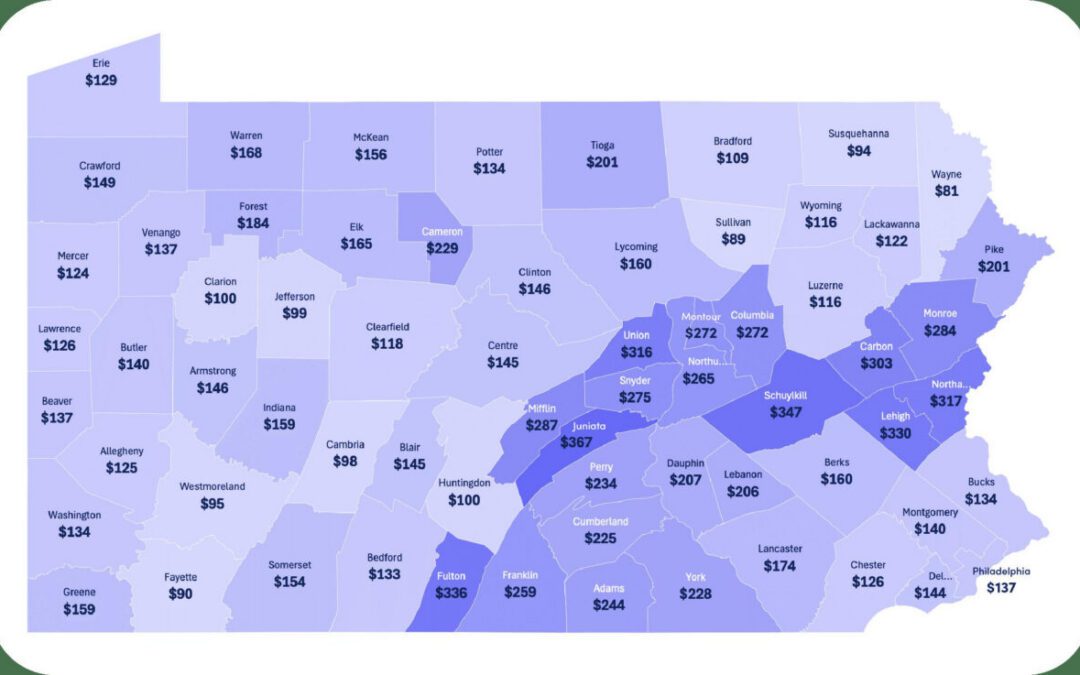
One in 5 ACA enrollees in Pa. drops health coverage as costs spike
About 85,000 Pennsylvanians have dropped their Affordable Care Act coverage for 2026 in the face of soaring premium costs from the expiration of...

It’s 2026 and you’re uninsured. Now what?
It’s 2026, and you’re uninsured. Now what? Renuka Rayasam February 2, 2026 Health policy changes in Washington will ripple through the...

Two community hospitals in York County set to open this spring
Two new community hospitals in York County are expected to open in the spring, according to WellSpan's advertisements. One of the hospitals is just...
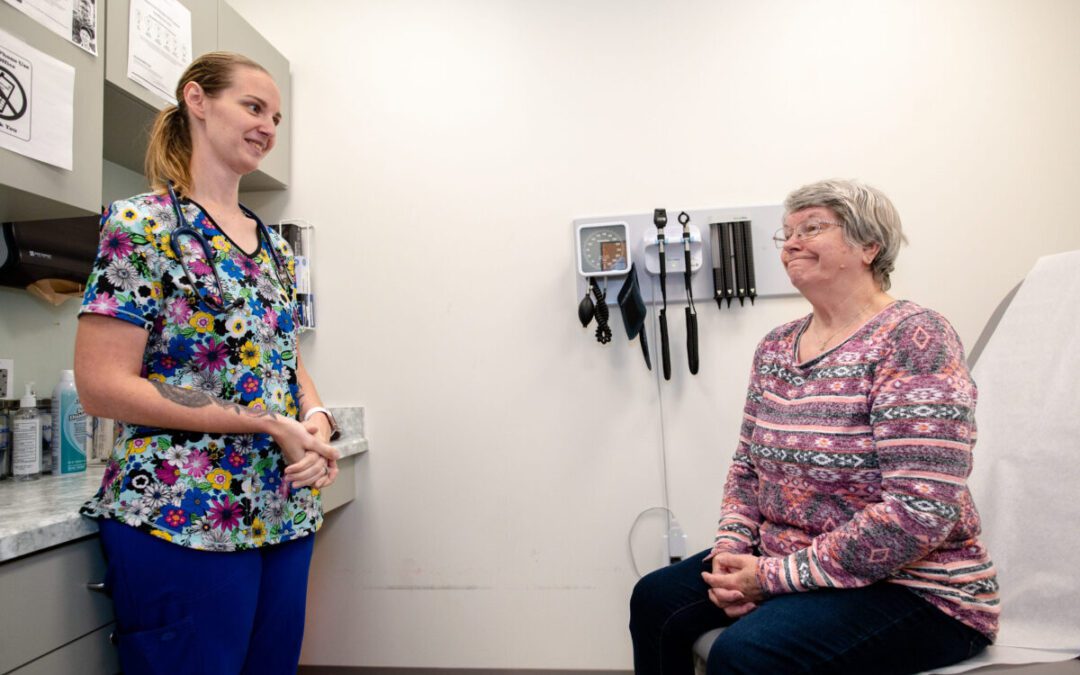
Report: Pa. hospitals face increasingly precarious financial future
Financial instability could force closures at more than a dozen Pennsylvania hospitals in the coming five years if state policymakers fail to act...
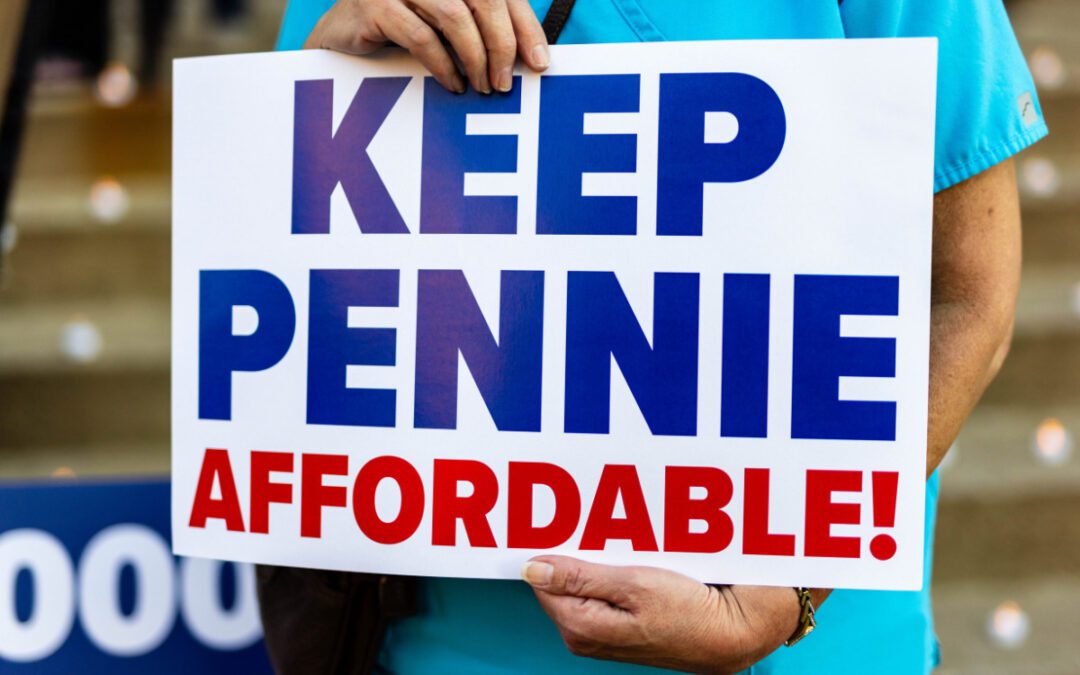
Pa. Pennie enrollment drops as Congress wrestles with health insurance subsidy vote
Some Pennsylvanians stay enrolled and pay tripled premiums with the hope lawmakers will vote to extend tax credits. Thousands of Pennsylvanians have...



